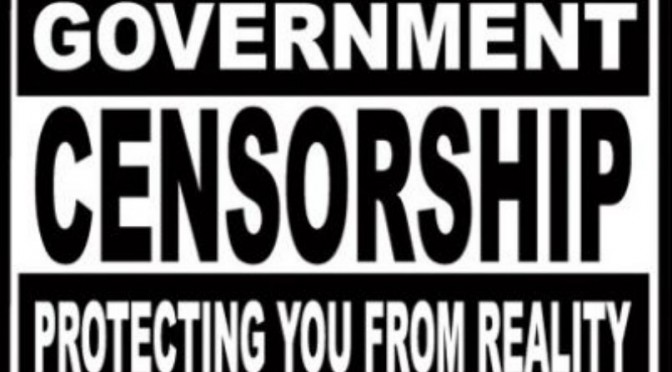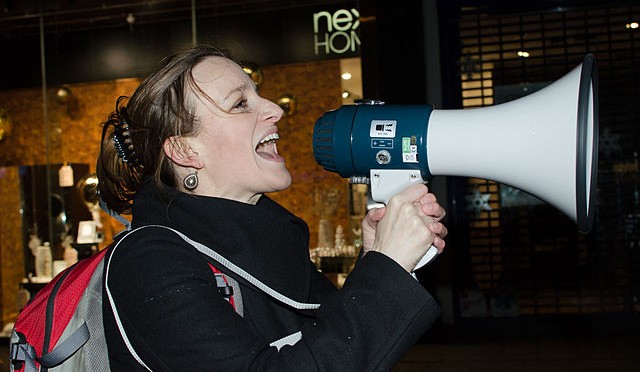See below the video for text that inspired the making of this film.
Dear Delicious
He wrote to me;
“Why am I writing to you? Beauty, nakedness, curiosity. Or a thousand other reasons. I don’t know, really. That I’m selfish is a big part of it. And also that desire makes me – not just me, I think it goes for everyone – feel more alive.”
I nicknamed this customer Nosferatu. He was tall, skinny, lanky and dressed in a funereal way, but more than that, he had an intense, preternatural stare. One of those people that looks at you and you feel like they are reading your mind, looking straight into your soul and you cannot hide from them. A laser beam stare. You can ‘feel’ their gaze even with your back turned. It was part disturbing, part flattering, he was highly intelligent and could see through all the smoke and mirrors of the role you play as a dancer.
“I think we’ve evolved to treasure female beauty because it’s so potent and also so transient. Cultures all over the world have this metaphor of flowering or blooming. Men’s physical capacity for action has the same characteristics. It’s compelling, and it runs out. Male strength and female beauty in their prime are existential, I’d say, if I were pretentious, which I am. They symbolise what it is to be alive in a way that childhood and old age don’t. We’re drawn to them when we see them in others. That’s my excuse, anyway.”
‘I hope you don’t mind me coming in and talking to you? It’s just there’s no one else I can talk to like this?’ he said to me one quiet, mid week shift. He’d been my customer for a few months by now and was a clever and interesting man but not happy at all. ‘Can I have your email address? Can I write to you, I used to write for a living.’
“I’m writing to you because you’re very pretty and it’s good for my ego. Because, you’re clever and funny. Because women’s beauty is a precious thing that, as a man, you feel absorbed in and to some extent entitled to when you’re in your twenties and thirties. Then in middle age it ebbs away from you. Some men cope with it by using emotional maturity or some other magic. I don’t know where they get it from. I’m one of those men who really, really misses it.”
And so he began sending me the most well written and intriguing emails to my dancer address. He had previously worked as a screenwriter for BBC, ITV and HBO. He was thoughtful, articulate and prolific and would come to see me dance regularly, both for the erotic visual thrill and warmth that was missing in his life, but also reaching out to connect on a intellectual level, finding us girls who dance fascinating.
We spoke at length, it’s always nice to have an intelligent customer, you are actually interested in what they say, as opposed to fake giggles and feigned interest. I told him about the campaigns we’d done to defend striptease and it conjured the image of Marianne, like it had done with us. She seems to be our mascot in many minds.
“You remind me of that famous painting from the French Revolution. The woman Marianne leading the mob to righteous slaughter, Delacroix I think. It wasn’t just the public sexuality. There’s something about the way you hold your head, the inquisitive-but-knowing gleam in your eyes. You scared the shit out of me. The moment I saw you I wanted to spend the rest of the night talking to you. Maybe it was the lighting. Maybe it was the supernatural powers that come with being a dancer. (Maybe it’s A Tale Of Two Cities being on the radio that’s made me think of that painting.) You looked bonkers and the only sane person in the room, all at the same time. That sounds bad, probably. But it felt like charisma.”
After working as a writer for a few years, he followed the rules. He got married, had kids and then retrained, getting a sensible yet unfulfilling job in IT. He was a bit of a polymath, with a masters degree in pure maths from Cambridge but a talent and track record for writing aided by a very clever mind. Perfectly articulating the thoughts of the middle aged lonely customers who come to strip clubs on their own. His emails were like the echoes of the lonely, mixed in with guilt and lust.
“Every now and then I get a flashback to the first time I saw you, at Charlie’s bar. You’re looking sideways and I can’t tell if you’re going to throttle me or just wait for an accomplice to stab me in the kidneys. I’d take either as long as you were paying me attention.”
I started replying to his emails, they were interesting, and this provoked a slew of prose and poetry, musings and theories, that I have archived, noting that they clock up to over 50,000 words. That’s how much he needed to talk. He felt his life was in a feedback loop that he would never be able to climb out of. This air of despair and reluctant acceptance of his fate added to his peculiar and intense ways.
“Fifty years after the Salem Witch Trials and halfway round the world, a Wittenberg professor called Georg Bose was making a name for himself with public experiments. I heard about him on the radio this week. He’d stand a beautiful woman on a cake of resin and hook her up to an electrostatic generator, then invite men in the audience to kiss her. When they did, a spark would fly from her lips. Or he’d gradually charge her up in a darkened room. The air around her would ionize and glow with a saintly blue light. He’d deck her out in a pointed tin hat and the light would focus to a halo. Bose embellished the stunts with wacky poems and crackpot theories. The shock of the spark was male, the gentle luminosity female.
“Animal electricity” became a hip term for lust.”
Funny how stuck we all are on the Madonna/whore thing. Here it is again as halo/spark. In The Crucible it’s wife/witch or something, I can’t remember. While men are just men. There’s something pretentious I could say about this twoness of women and oneness of men and how it affects you and me but I don’t know what it is so I’ll shut up.
We all have to make choices in our life and by doing so you may need to sacrifice a part of you. He had the family, the nice home, a wife and three kids but at a cost to himself. However he loved his kids and would never leave them, but the strip pub was the place he could come to reconnect with that part of himself he thought he’d lost. In the end his foray into our demi-world, answered his questions and saved his marriage. He stopped coming in.
“For me, the most interesting aspect of the whole debate is this: there are women who like to undress in front of men they don’t know. How should these women be regarded by the rest of society? How are they different from women who write for a living, or men who sing? All these people are drawing attention to a part of themselves that they love, and working hard to make the best display they can.
Should authors be stigmatized for selling their psychological truth on the open market? Isn’t what good writers are offering every bit as intimate as a bare bum? Men might read Jeanette Winterson and then go home and expect their wives to bare their souls too. Why is soul stripping respectable and body stripping not? I’ve watched you on stage and I’ve read your emails. When you dance you might not have any clothes on, but when you write you’re truly naked. It’s always baffled me that fear and hate, loneliness and longing, greed and love are seen as less shocking than boobs and pubes.”
A less interesting question but one you might want to have a pop at is if beauty is commodified, where does that leave the ugly people? Speaking on their behalf, I think I can say it leaves us where we’ve always been: reliant on our wits. Not great for the stupid ugly people, but no one suggests shutting down the universities to level that playing field, do they? And the commodification is an effect, not a cause.”
Sex sells because people really, really want it already. I don’t think ugly people mind beautiful ones, anyway. They’re nice to look at, after all. We just wish there was one in the mirror.
All this rich conversation has not gone to waste. Another dancer and I are in the process of filming the world of strip pubs and one day at someone’s house, the subject pulled out a box of letters customers had written to her over the years. She’d kept hers like I’d kept mine.
We put the message out ‘has anyone got any letters from customers?’ Many came back with saved letters, poems, cards and emails. The need to connect, the cry of please listen to me.



